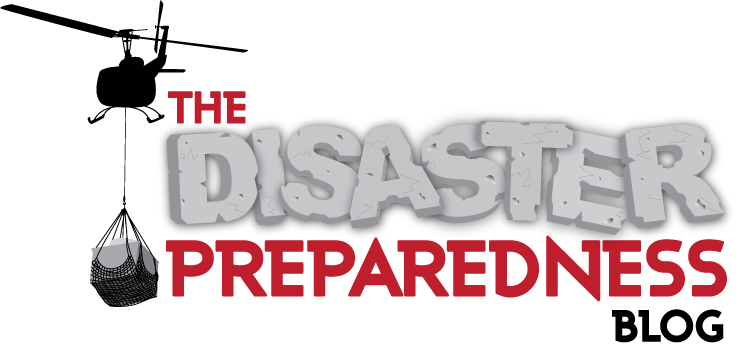With 81 Healthcare Workers Infected With H1N1, Are Hospitals Doing Enough To Curb The Spread?
 Tuesday, June 23, 2009 at 2:59PM | |
Tuesday, June 23, 2009 at 2:59PM | |  Email Article
Email Article With the number of healthcare workers in the United States becoming infected with novel Influenza A (H1N1) reaches at least 81, we are left with the question Are hospitals doing enough to protect against the spread of the H1N1 virus?
While I cannot speak for each healthcare facility individually, I would have to say with the information in the MMWR (Morbidity and Mortality Weekly Report) the answer is a resounding no. Half of the 48 included in the study were found to have been infected in the heatlhcare setting and include one possible case of a heathcare worker infecting another. The report also has found 11 cases deemed to be patient to healthcare worker transmission.
According to the report, only two of the persons included in the study indicated that they always wore surgical masks (inadequate protection) and only 1 indicated that they wore an N95 respirator mask. Two others indicate they wore masks sometimes.
In the healthcare setting it is important to identify patients with swine flu or H1N1 early, or as Dr. Michael Bell of the CDC's Center for Preparedness, Detection and Control of Infectious Diseases puts it these patients, "need to be identified at the front door" of the hospital so that personnel will know they need to take preventive measures, such as wearing masks, isolating the patients and paying particular attention to hand hygiene.
He also stated "absolutely essential that healthcare personnel be vaccinated annually, for their own protection and to protect patients in hospitals."
It is also important that healthcare workers remain informed and take proper PPE (Personal Protective Equipment) precautions.
I've also come to discover at one location where a confirmed H1N1 case was being taking care of, that healthcare attendance within the unit dropped 25% at that particular facility.
This may be attributed to a lack of educational awareness, a lack in PPE equipment, a lack of adequate hospital preparedness measures or a combination of the three. Of course the argument can be made that it was coincidence, or the workers were actually ill, but this is most likely not the case.
While it is impossible to 100% completly stop the spread of the H1N1 virus or any other such disease, there are steps that can be taken to prevent and reduce the spread.
Healthcare facilities need to ensure that proper education of employees is taking place and that these procedures are being followed. They also must ensure that proper and timely screenings are being done as potential patients are entering the hospital or other healthcare setting to help reduce the spread.








Reader Comments (6)
As long as you're serious about things like washing your hands and being hygiene-conscious, you should be okay - N95 respirator or none.
Did you hear about the complaint filed by the California Nurses Association, in which they stated that hospitals refused to provide N95 flu respirators to their nurses, and as a result, there are now 10 nurses infected with what is believed to be swine flu?
Pretty much proves your point.
sounds like the correct mask worn properly would help prevent some of these people from getting sick!
Erica,
Thank you for all the responses. For the current situation hand washing is the best bet, but other precautions should be taken.
For instance this post was about the health care workers involved in treating CONFIRMED cases of H1N1 and other precautions are called for.
I have some contacts in some hospitals and can tell you that some precautions are not being taken and there were shortages within the hospitals of some N95 Respirators.
Another issue is that OSHA stepped in and told the hospitals (at least one that I know of) that in order to have nurses (and others) wear the masks they must be fit tested or not wear one. While this is the law and I can agree with following OSHA regulations the workplace should have provided a way to have employees properly fit tested.
This is very unfortunate and shows just how unprepared we are. If this H1N1 should mutate we will see some very devastating effects.
I have been sad to see how unprepared we are for this virus. I was actually warned not to wear a face mask in a nursing home, where I do psychotherapy, for fear of spreading panic. Mexico was right to basically shut down and stop the spread of H1N1, but here in the US we just put on blinders and went on. The only reason I haven't come down with it is because I work with the elderly, and they are likely to have resistance due to the Hong Kong flu virus back in the 1950's. I may have some myself, because I have worked with the elderly and because I was born in 1959. If I had a school age child, I would not send to school. I would do home schooling until they had a vaccine ready. It's killing children, and it seems like no one cares. It's terrible.
I'd be worried if I was a hospital patient or visitor for non h1n1 related illness. Seems like the healthcare workers cant prevent themselves from catching it.